This section is for paid subscribers only. Our subscription is only $3700/- for one full year.
You get unlimited access to all paid section and features on the website with this subscription.
Subscribe to read full article
This section is for paid subscribers only. Our subscription is only $37/- for one full year.
You get unlimited access to all paid section and features on the website with this subscription.
Not ready for a full subscription?
You can access this article for $2, and have it saved to your account for one year.
- Release Date1962
- GenreDocumentary
- FormatB-W
- LanguageHindi
- Run Time138 mins
- Length2283.56 metres
- Number of Reels8
- Gauge35mm
- Censor RatingU
- Censor Certificate NumberU-35716-MUM
- Certificate Date01/05/1962
Lala Kashinath is a crafty money lender and sometimes, he cheats the ignorant villagers to his own advantage.
He has a son named Raja who does not go to school but plays truant. He is the ring leader of a gang of mischievous children. Kashinath's daughter Kamla is a good girl. She is married and lives in a nearby town.
Sarju, the village potter, is badly in need of money. He comes to Kashinath and requests a loan of twenty five rupees. As Sarju cannot read and write Kashinath changes the borrowed amount from Rs. 25 to Rs. 125.
Raja's gang is in the habit of skipping school and play outside the village. They quietly steal the oranges from a bullock-cart coming towards their village. Little did they know that the passenger in the bullock-cart was Kamla who was coming to her father's house for Diwali.
On reaching home, Raja offers one of the stolen oranges to Kamla. She realises that Raja had stolen the oranges she was bringing for him. Kamla wonders why he is not at school. He replies the school is closed because the school master is dangerously ill.
When Kamla calls on the teacher, she finds him well. He complains to her of Raja and other boys' bad conduct. She is much disturbed.
Raja and his gang is in the mood for fireworks to celebrate Diwali. One of the fire rockets drops on a cottage belonging to a poor farmer named Dhaniya. The cottage is completely burnt down.
At the village fair Raja and his gang create more trouble and in trying to escape, they hide in a nearby gathering of children who are being addressed by Shri Morarji Desai, one of our national leaders. He is telling the children about Mahatma Gandhi who is better known to India's millions as "BAPU".
Gandhiji's greatest ideal is to forgive people for their shortcomings. "Always speak the truth no matter what the consequences. Truthfulness and absolute honesty would make a happy world for the people to live in."
Raja is much impressed. He returns to home and gives the book on Gandhiji to Kamla in which is written, "TRUTH SHALL TRIUMPH". Kamla tells Raja that he must always follow the teachings of Bapu.
A few days later, Dhaniya goes to Mangloo and orders to start building his hut. Mangloo refuses to do so, denying that the hut was burnt down due to his carelessness.
Dhaniya goes to Kashinath for help. Kashinath agrees to advance Rs. 300/- to Dhaniya so that he may build his cottage.
Taking advantage of Dhaniya's illiteracy, Kashinath makes him put his thumb impression to a false document. Raja watches everything.
Next day, Kamla entreats Raja to tell the truth before the village elders about him and his gang stealing fruits from a village garden.
Inspite of Kashinath's protection, Raja remembering the teachings of Bapu reveals the whole truth. The boys are punished by their parents for their crime. Then children take Raja to task for having disclosed their guilt.
Raja goes to Kamla for comfort. She reminds him that Bapu never cried when he was prosecuted for truth. He kept smiling when others were unfair and cruel to him.
A few days later, Dhaniya comes to Lala Kashinath. On the strength of the forged document Kashinath orders him to give possession of his land.
Raja overhears everything and is perturbed and annoyed at his father's tricks. He decides to help Dhaniya.
Inside the house he finds his mother's bracelet and wants to sell it to get money and pay off Dhaniya's debt to his father.
Kashinath calls a meeting of the village Panchayat requesting them to order Dhaniya to give possession of his land on the strength of the document with his thumb impression. The Panchayat is helpless and have to agree that Kashinath's claim is right.
Kashinath orders his men to start ploughing the land. Dhaniya stands before the plough and says, "You will not plough my land as long as I am alive."
Suddenly, Raja comes running and shouts, "My father has no right over the land. I know father gave him Rs. 300 and not Rs. 500 and there was no question of selling his land."
"Keep quiet!" orders Kashinath beating Raja. Dhaniya tries to save him.
Kamla also comes to the scene and tries to protect Raja saying that he is absolutely right in telling the truth. Raja and Kamla sit down on Dhaniya's land to see that no one comes to occupy Dhaniya's land by force. Kamal and Raja start singing, "Truth shall triumph and nothing shall stop it."
All the children in the village and other people too join the singing in a loud chorus.
Kashinath is left in his house all alone. He is worried. His misdeeds haunt him and he decides to follow his son's example and redeem himself. He rushes to the field and admits that he was wrong. He asks Dhaniya to tear off the false document.
Diwali is celebrated. Children and the villagers light the lamps of truth and victory.
Before the portrait of Gandhiji, Raja and Kamla offer thanks for showing them the right and the only way - the path of truth and love.
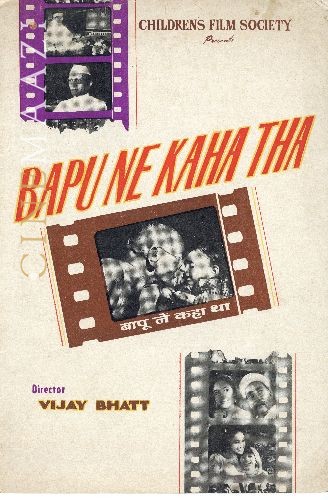
Cast
Crew
-
BannerChildrens Film Society, Bombay
-
Director
-
Music Director
-
Lyricist
-
Story Writer
-
Dialogues
-
Cinematography
-
Editing
-
Art Direction






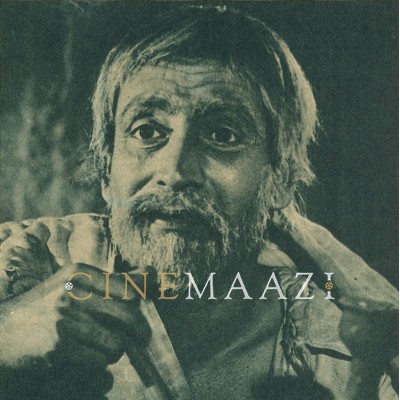

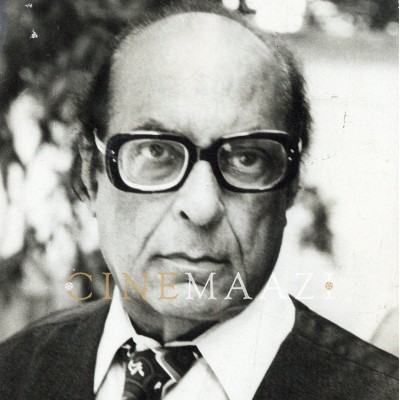
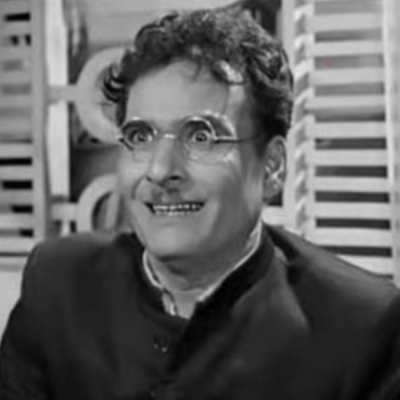
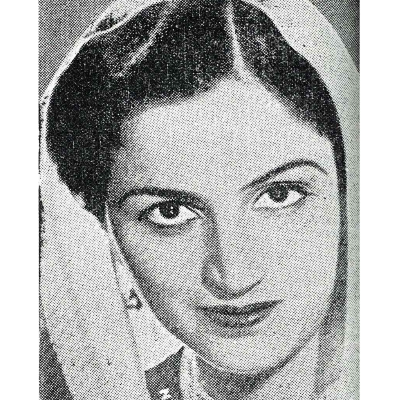
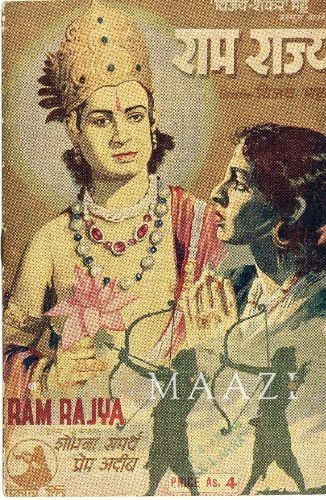
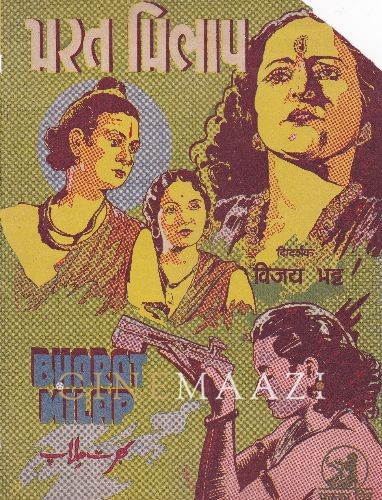

.jpg)



